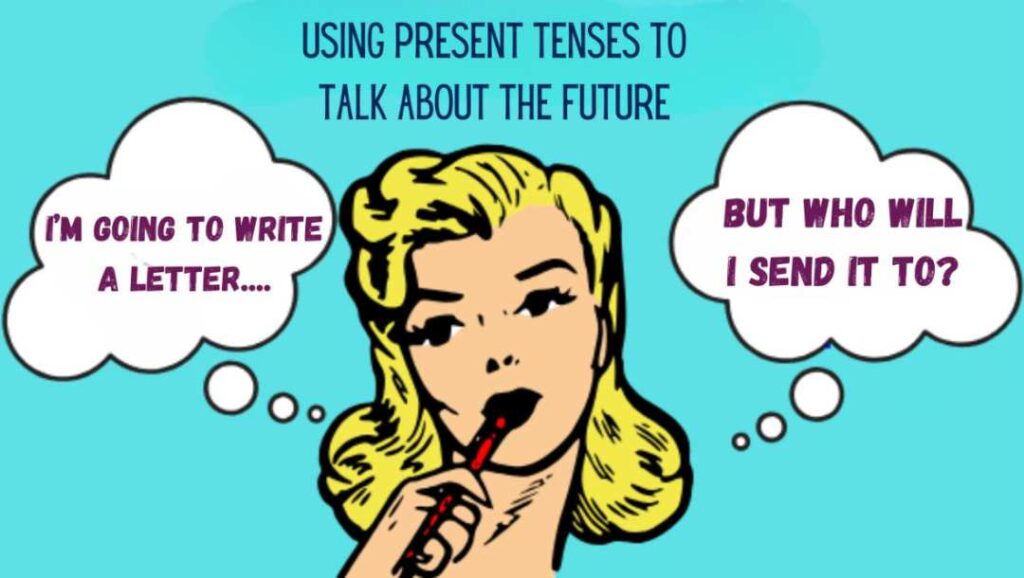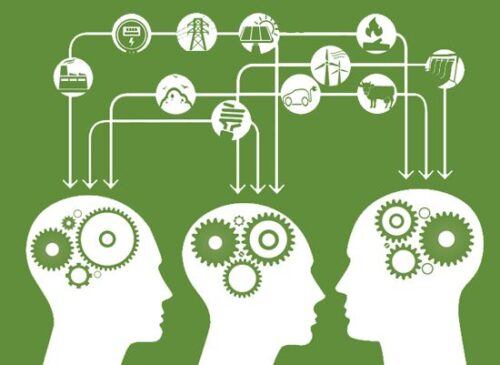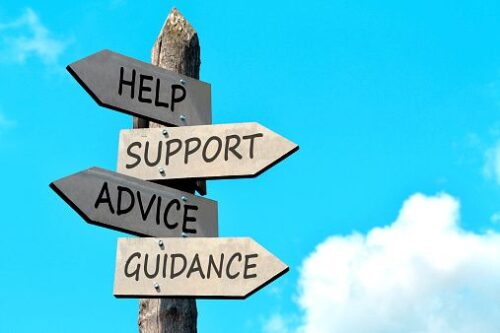In English, talking about the future isn’t as simple as saying ‘will’ before the verb. We use ‘will’ (or ‘shall’) to make predictions, promises, offers, threats and to talk about spontaneous decisions. But most of the time when we talk about the future, we are talking about our plans and about scheduled events. To talk about these things, we don’t use ‘will’. We use present tenses. Talk about the future using the ‘present’ tense? Naturally, lots of people get confused about this.
The present tenses we can use to talk about the future are the Present Continuous and the Present Simple:
-
- The Present Continuous is [noun/pronoun] + be + [verb+ing]. For example: ‘I am talking’, ‘David is talking’, or ‘The people are talking’.
- The Present Simple is simply [noun/pronoun] + [verb]. For example: ‘I drive’ or ‘David drives’.
Using Present Continuous for the Future
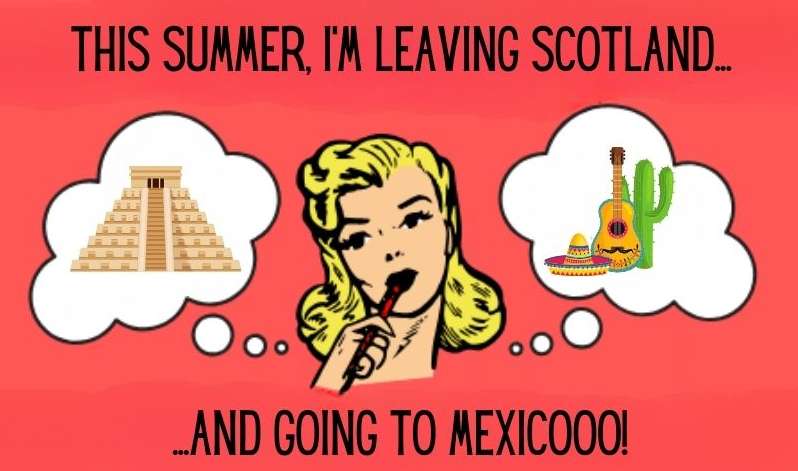
When we talk about things we have already decided and arranged to do, we use the Present Continuous tense.
For example, if we talk about our summer holiday plans, even though the summer is in the future, we say:
‘This summer I’m going to Mexico. I’m leaving Scotland on the third of August.’
We don’t say: ‘This summer I will go to Mexico.’
On Monday, we open our diary and see ‘Thursday, 8pm, dinner with Craig’. We can say to our friend, ‘I’m sorry, I can’t come to the cinema with you on Thursday, I’m having dinner with Craig.’
We say it like this because we have already arranged to do it.
More examples:
-
- ‘I’m not working tomorrow – let’s go hiking!’
- ‘What are you doing this weekend?’
- ‘David and Lucy are going on a date this Friday.’
‘Going to’ for the Future
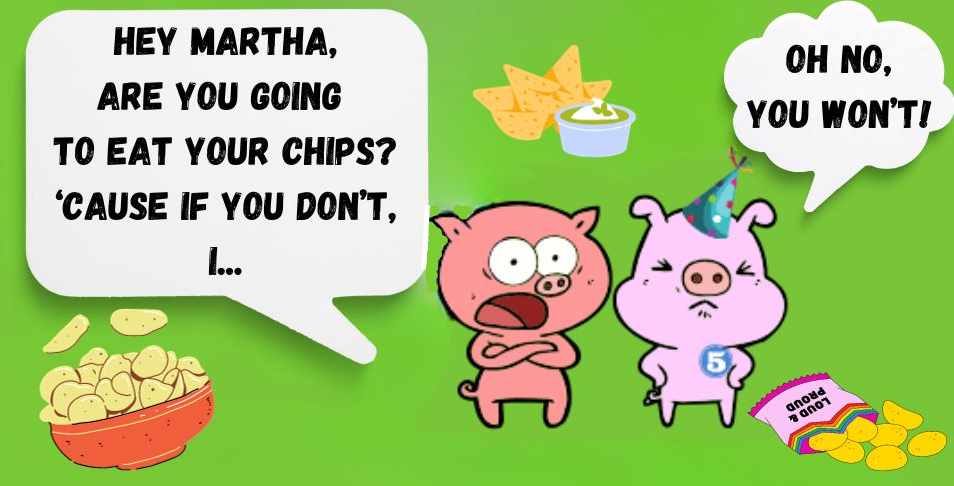
We can also say ‘I’m going to do something’. This is slightly different. We can use it to talk about arrangements (eg. ‘I’m going to have dinner with Craig on Thursday’), but it is especially good for something we have decided to do but have not arranged to do.
For example: ‘I’m going to clean my house today.’ – We have decided to clean our house, but it’s not something we have arranged like our dinner with Craig.
Another example:
A: ‘Are you going to eat your chips?’
B: ‘No, I’m full. You can have them.’
Another way that we use ‘Going to’ is for predictions that we feel sure about. We say that something is ‘going to happen’. For example, you look up at the sky and see dark clouds. You say: ‘Look at those clouds, it’s going to rain!’
The important thing here is that you feel certain about it. For general predictions, we use ‘will’.
The Difference between ‘Will’ and ‘Going to’
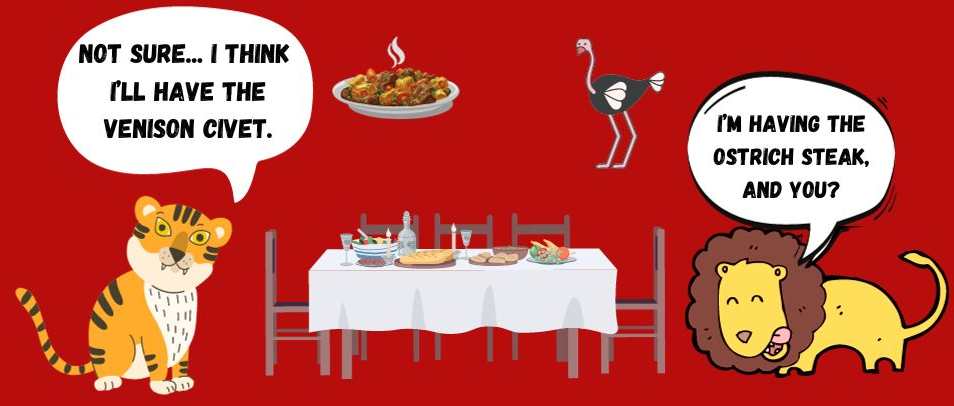
To say ‘I will have dinner with Craig on Thursday’ is wrong, because to talk about a plan we use the present continuous. However, when you have dinner with Craig and the waiter asks you if you would like fish and chips or roast chicken, you can say ‘I’ll have the roast chicken, please.’ This is because it is a decision you make spontaneously, at that moment.
But after you have ordered, you can say ‘I’m having the roast chicken, and Craig is having the fish’, because now it has been arranged with the waiter.
If your friend is running a charity event and needs volunteers, you can say ‘I’ll come and help you!’.
Here, you use ‘will’ because you are making a spontaneous offer.
But again, now that you have arranged to volunteer and it is a plan, you can say ‘On Saturday I’m helping Lucy at her charity event.’
In April, we can say ‘It will be hot when you arrive in Mexico in August!’ This is a prediction. It’s normally hot in Mexico in August, but it’s too far in the future to be sure about the weather on that particular day.
But when we go outside and see a dark sky above us, we say ‘It’s going to rain’ – in this case we have evidence; we feel sure, we feel like we know the future, so we use ‘going to’.
Using the Present Simple tense to talk about Future Events

We can also use the Present Simple to talk about something which happens in the future.
Let’s talk about our dinner with Craig again. We’re meeting Craig for dinner at 8pm on Thursday, but originally we wanted to have dinner at 7pm. However, when we called the restaurant on Monday to make the reservation, they said ‘The restaurant opens at 7:30’. They used the Present Simple, even though 7:30pm on Thursday is the future.
This is because when we talk about fixed events in the future, like timetables, schedules and programmes, we use the Present Simple.
Let’s talk about our holiday to Mexico:
‘My flight leaves at 12:30, so I need to get to the airport at about 10:30.’
We say ‘I am going to Mexico’ because that is a personal plan, but we say ‘My flight leaves at 11:30’ because that is not a personal plan – it is a fixed timetable, decided by the airline, not us.
We do the same thing when talking about trains, buses, cinemas, concerts and anything else which is fixed.
More examples:
- ‘The film starts at 9pm’
- ‘His bus arrives at 12:05’
- ‘The concert finishes at 11pm, and I’m meeting my friends in a bar afterwards.’ (The first part of this sentence is a fixed event, the second is a personal plan).
If you have a job where your boss decides when you start and finish work, then you use the Present Simple to talk about it: ‘On Monday I start work at 9am.’
But if you and your boss decide to meet on Monday morning to discuss a project, you say ‘I’m meeting my boss at 9.30 on Monday,’ because it is an arrangement between you and your boss.
Summary
In English, how we talk about the future depends on the situation – it’s not as simple as just saying ‘will’.
If we are talking about a personal plan or arrangement, we use the Present Continuous: ‘Kate and I are seeing Macbeth at the theatre tomorrow. Do you want to come?’
If we are talking about something we plan to do, but it’s not arranged, it sounds better to use ‘going to do’. For example: ‘After work I’m going to go shopping.’
We can also use ‘going to’ to talk about things we are sure will happen: ‘My stomach feels awful, I’m going to be sick!’
And to talk about a fixed event which we don’t decide ourselves, we use the Present Simple: ‘What time does the film start?’, ‘The boat leaves at 10’ and ‘Tomorrow is Tuesday’.

This article was written by Break Into English’s online teacher and blog contributor James Smyth.

